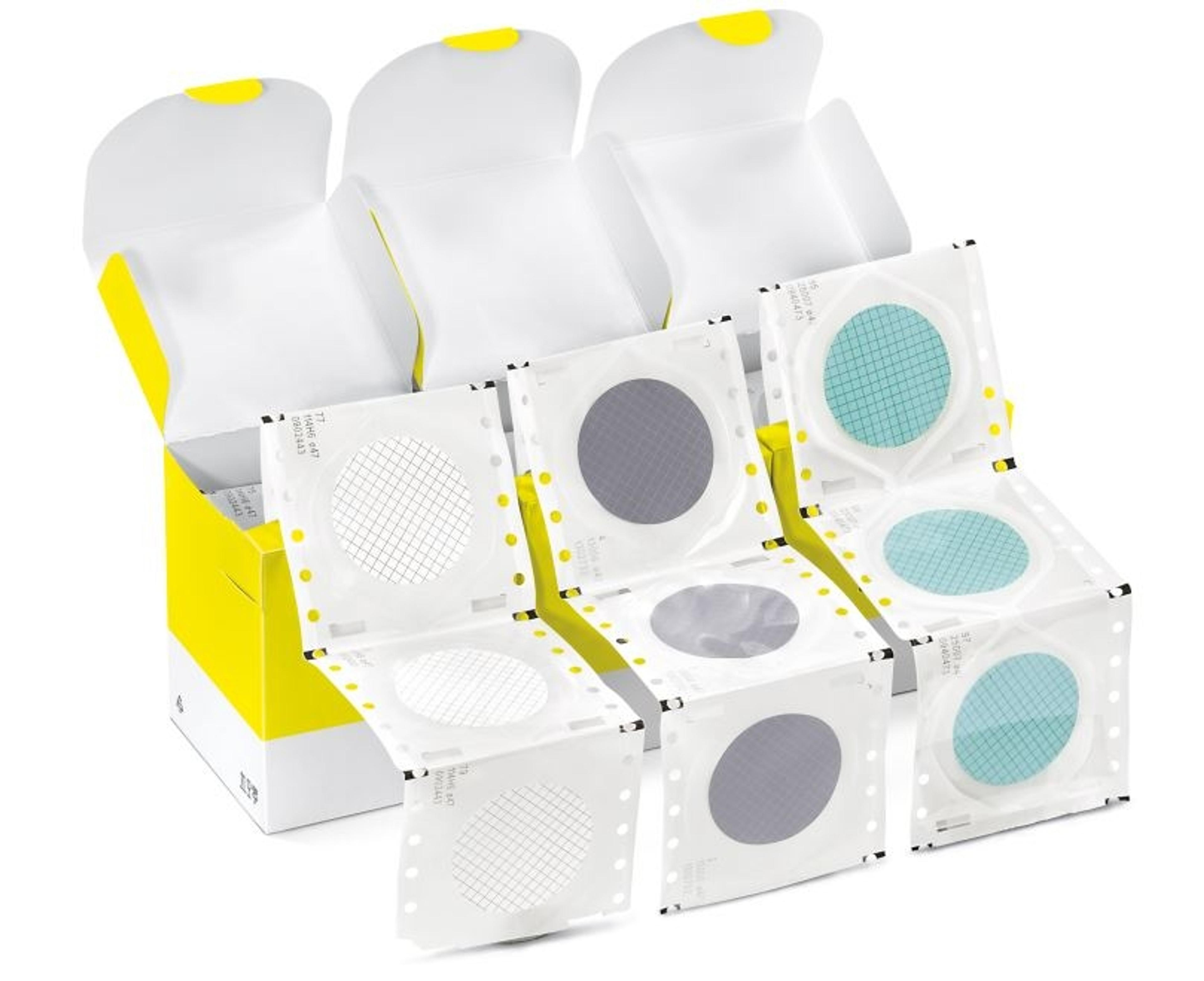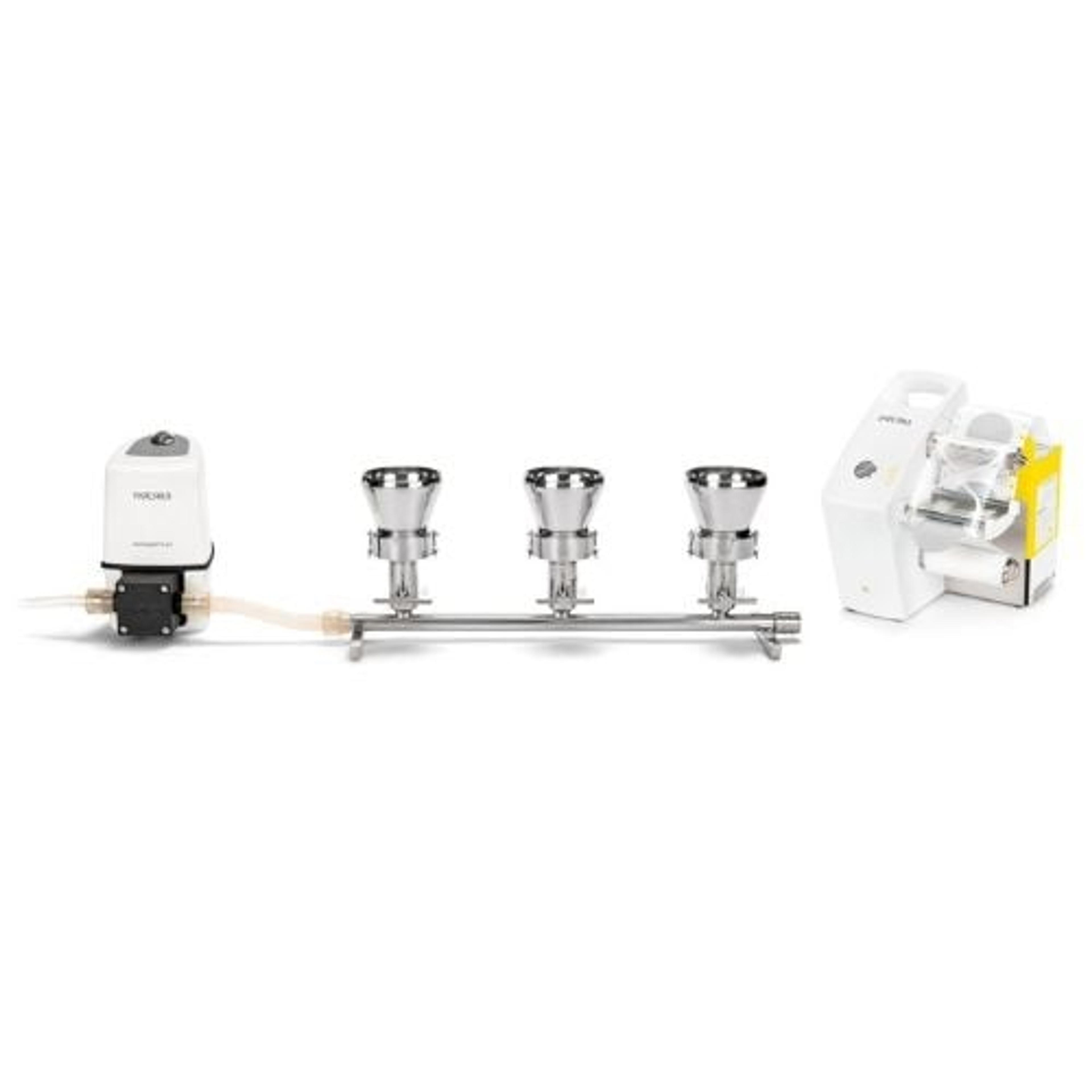Behind every beer: Microbiologist shares secrets to brewing success
Learn how the beverage industry performs tests to safeguard consumer health, beer taste, and quality
15 Mar 2021
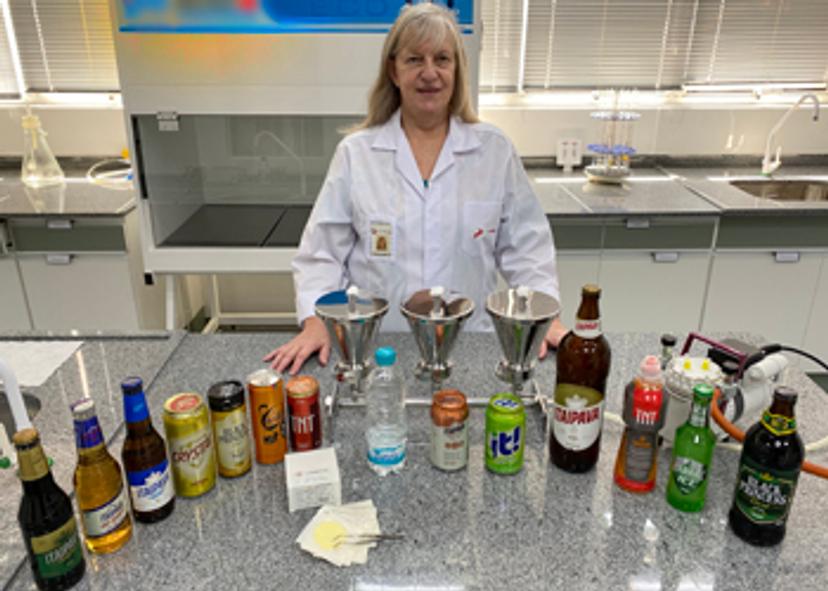
Beer production is no easy feat. Behind every beverage exists a carefully planned and optimized scientific process. Meticulous tests performed at different points in the production line help meet high regulatory standards before reaching a consumer.
“The quality of beer, a drink loved by Brazilians and people all over the world, is closely related to the quality of raw materials and the overall manufacturing process,” says Margareth Krauter, the head microbiologist and Quality Assurance (QA) specialist at Grupo Petrópolis, one of Brazil’s largest beverage manufacturers.
In this SelectScience® article, we speak with Krauter about the many considerations of beer quality control.
Innovation and competition in the beer industry
“In the food industry, we need to generate a product that meets the needs of the consumer and is in compliance with the regulations,” says Krauter. “As a part of the QA team, it’s our responsibility to ensure that our products are free of physical, chemical, or biological contaminants. We check the pH levels of the drink at different stages of the process, perform microbiological examinations, and ensure the quality of water, among other tests.”
An experienced microbiologist since the 1980s, Krauter took over the coordination of QA programs at Grupo Petrópolis in 2015, bringing tools and processes to facilitate testing with greater accuracy and moderate costs. “Our industry is very competitive,” notes Krauter. “We’re always being challenged by the search for ‘the next new thing’ – new products, new technologies, new target audiences, new inputs, new tools, and so on.”
“The greater challenge,” Krauter adds, “is to keep the team updated and stay receptive to innovative concepts, so we can introduce new routines into the laboratory and make sure we always have the highest quality of work.”
The recipe for safe, tasty beer on tap
The QA processes that uphold the quality of beverages, such a beer, involve microbiological testing. “In a brewery, there are several critical points where contaminating microorganisms can potentially develop,” says Krauter. These can be attributed to the quality of water, malt, brewer's yeast, and other ingredients used, as well as the overall hygiene in the production and human operation areas. Having clean environments and using high-quality supplies minimize the chances of contamination. Krauter continues: “The microbiological control of the production process becomes extremely important in standardizing drinks. Deviation from due process or quality breakdown can require us to discard entire batches in the brewery, bringing about economic losses for the company and distrust among the consumers.”
Microbiology also plays an important role in giving the beer its sensory characteristics. Any abnormal microbial activity influences the taste, color, composition, foam content, and other features that make the drink enjoyable. “Microbiological tests in the beverage industry are aimed at both ensuring consumer health and meeting the taste preferences of the consumer,” Krauter adds. “These tests are important to us because, in addition to detecting possible sources of contamination, they also enable us to adopt corrective measures and cleaner environments to guarantee the final quality of our products.”
Using the 316L stainless steel Microsart® Manifold in combination with a conical shaped funnel and a cellulose nitrate membrane help ensure that beer filtration runs smoothly and efficiently while reducing the risk of cross-contamination.
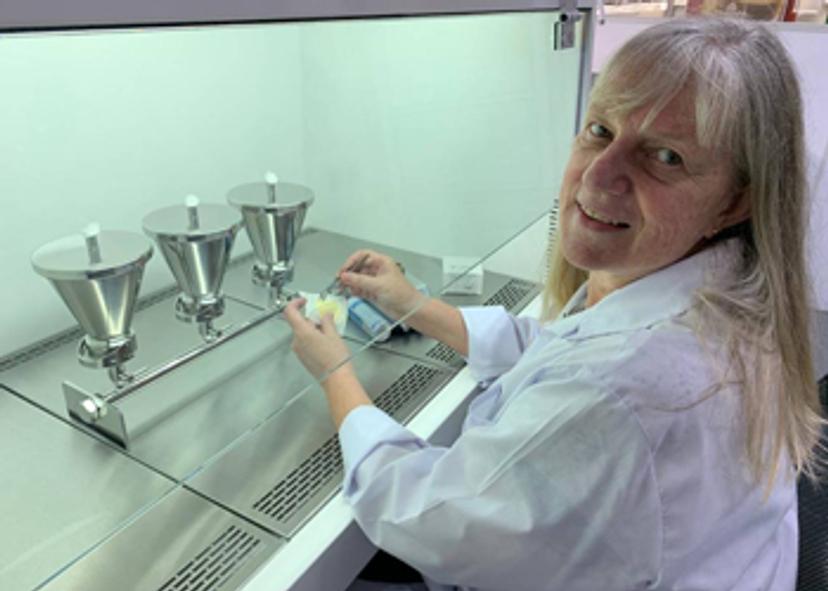
Quality filtration and personalized services
While several methods can be used to detect potential microorganisms in beverage samples, the membrane filtration technique is most preferred, mainly due to its speed of execution and reproducibility of results. “The filter membrane technique is extremely valuable for the determination of microbial species with a low concentration of viable cells as it allows the filtration of large volumes of samples,” says Krauter. “It allows easy interpretation and visualization of results and requires little incubator space.
“More recently, the use of Sartorius filter membranes has been very significant within Grupo Petrópolis due to their quality and ease of handling” adds Krauter. “These stainless-steel funnels are widely used with the Sartorius manifold system. It’s small yet versatile and doesn’t come with maintenance costs.” Cleaning and sterilization of these membrane funnels directly depend on the material they are made of. “Funnels made of stainless-steel offer unmatched durability and service life compared to plastic or glass ones,” Krauter notes.
Given the prolific production cycle at Grupo Petrópolis, the QA team has fine-tuned the microbial testing process to maintain traceability and create internationally accepted quality standards. In doing so, team members collaborate closely with manufacturers to troubleshoot and optimize methods. “Our relationship with Sartorius is far beyond a commercial one. We see them as our partners,” says Krauter. “I must admit that we’re a demanding customer,” she quips. “We seek innovation and continuous improvement on our side. Sartorius focuses on these needs by offering us their personalized service. We respect their transparent communication, practical tips, and guidelines. This makes for a unique experience between us – that of kindness, honesty, and attention to detail.”
Brewery microbiology has been and will continue to be a passion for Krauter. While her career has spanned over three decades, laboratory processes in the food and beverage industry have evolved, but their core purpose remains the same. In present times, it’s more likely that laboratories will start adopting automation for microbial testing with ready-to-use culture media and online sample collection systems to identify contaminants. Krauter concludes: “As much as the production process gets modernized, the industry becomes automated, and the raw materials diversify, one aspect will never change: the need for microbial evaluation.”
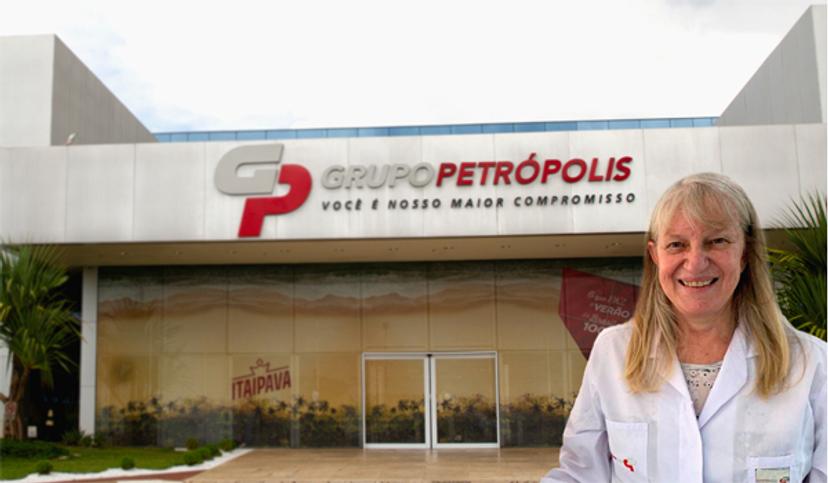
Grupo Petrópolis, one of Brazil’s largest beverage manufacturers
Want to read more?

